6, March 2020
Yaounde records first case of Coronavirus 0
The first case of Coronavirus has been recorded in Cameroon. The Minister of Public Health confirmed the information earlier today.
According to the minister, a case of Coronavirus was confirmed at the Centre Pasteur laboratory in Yaoundé after a sampling carried out Thursday at the Cathedral Clinic on a French citizen who arrived in Cameroon since February 24.
“The Minister of Public Health, announced the confirmation of a case of Corvid-19, on Cameroonian territory. It is a 58-year-old French citizen who arrived in Yaounde on February 24, 2020″, says the press release of Dr. Manaouda Malachie.
“He has been placed in isolation in the care centre of the Yaounde Central Hospital for appropriate care,” the statement said.
Contacted by telephone, a doctor from the central hospital who requested anonymity confirmed that the patient had been placed in isolation.
By Rita Akana



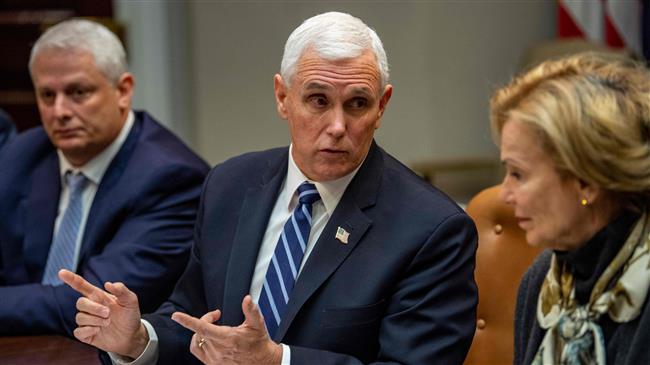
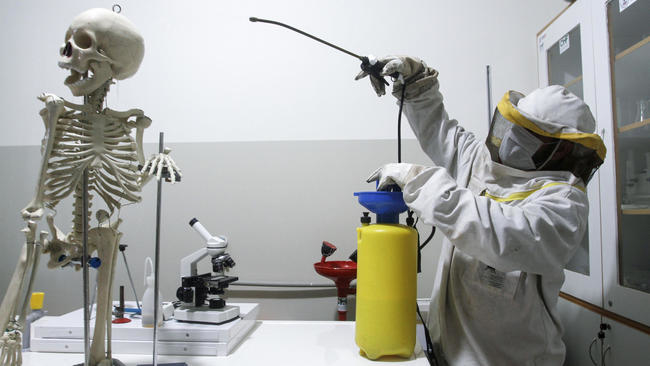
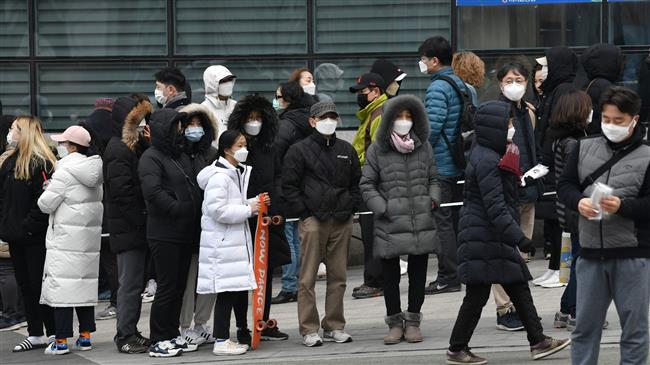

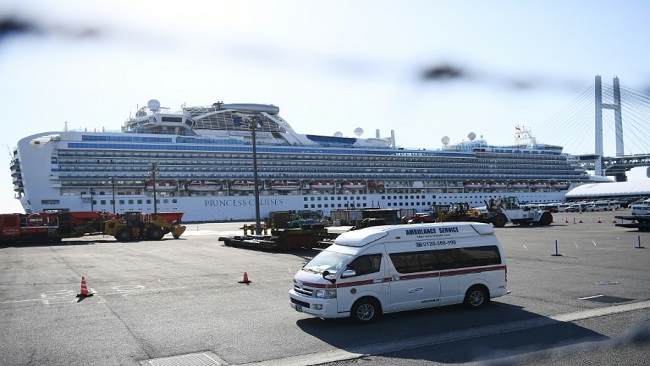
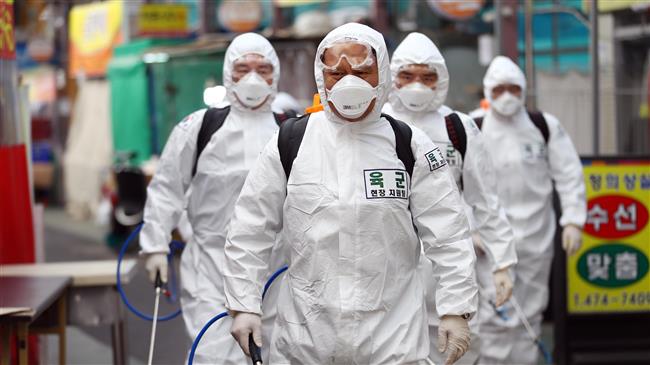


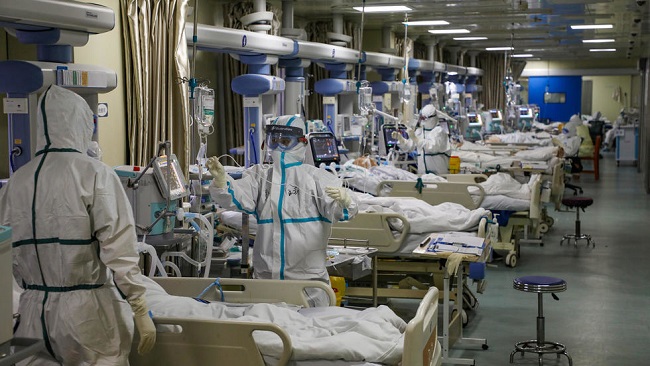
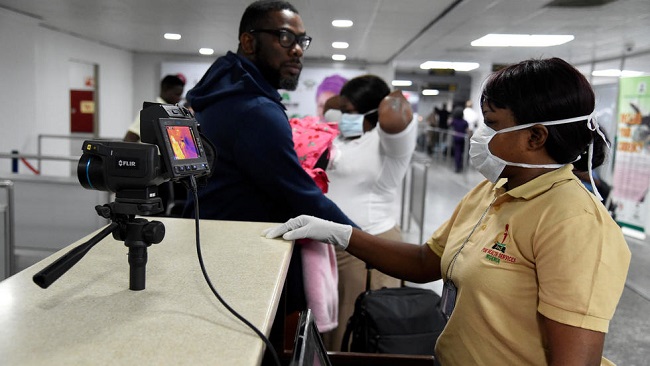

















7, March 2020
Yaounde Calls for Increased Hygiene Measures After First Coronavirus Case 0
Cameroon confirmed the central African state’s first case of COVID-19 on its territory Friday. Officials say it was discovered in a French citizen who arrived in Cameroon on Feb. 24.
Cameroon Health Minister Manaouda Malachie says the 58-year-old man was immediately placed in solitary confinement in a special hospital in. Malachie credited surveillance measures put in place by Cameroon after COVID-19 appeared in China with detecting the case and called on Cameroon’s population to be calm.
He said shortly after it was suspected the man was a carrier of the virus, he was immediately confined to avoid contact with others. Malachie said health officials started tracing the people the infected man contacted from the airport of departure through the plane’s arrival in Cameroon, as well as taxis or cars he used. They also disinfected places he visited.
Malachie said this wasn’t the first case in which COVID-19 was suspected, but previous cases were found to be negative after thorough investigations.
Malachie called on citizens to be calm and vigilant, saying that medical staff in the country has been advised on how to handle coronavirus cases.
But news of the first coronavirus in Cameroon has scared people. Some rushed to hospitals and pharmacies to ask for advice or buy medical facemasks.
Forty-three-year-old Isaac Dufe, who bought three masks for his wife and two-year-old baby, said he doesn’t have confidence that the Cameroon government will be able to control the virus’s spread should many more people be found with it.
“Cases of diseases have been recorded in this country, for instance, a case like cholera,” he said. “When there is an outbreak of cholera, in many situations in claims a lot of lives. But now we are talking about a very complicated disease like Coronavirus, so I am so scared that if adequate health measures are not taken, then the situation might be very difficult in Cameroon.”
Phanuel Habimana, a World Health Organization representative for Cameroon, said it is following up on the case. He says Cameroonians should not panic, but must make sure they respect basic hygiene norms.
“Cameroonians should remain calm,” Habimana said. “Cameroonians should not rush to pharmacies to try to get masks. Cameroonians should abide to the measures that the minister [of health] has been repeatedly mentioning. Personal hygiene, washing hands several times a day, when someone is coughing, cover the mouth and nose with handkerchiefs and also make sure that people do not get in contact closely with people who are suspected to be sick.”
Last January, Cameroon health officials announced they had improved checkpoints around airports as they feared the virus could be brought into the country by travelers from China and other countries.
Health Minister Malachie said as part of epidemiological surveillance, measures had been put in place to prevent any possible importation of the deadly virus, which he said was an epidemic that causes diseases in mammals and birds and that in humans, the virus causes respiratory infections, which are typically mild but, in rare cases, can be lethal.
Symptoms include running nose, headache, cough, sore throat, fever and the feeling of being unwell. B There is no vaccine for this virus and the only way to protect oneself is through prevention, health officials in Cameroon say.
Source: VOA